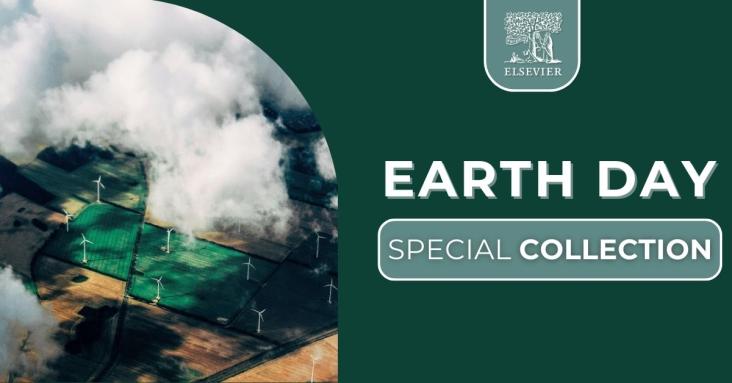The article discusses the impacts of climate change on the Torres Strait Islands in Australia and the culturally appropriate responses identified by the Torres Strait Islander community.�

International Day of Human Space Flight 2026: A Tribute to Exploration, Unity, and Progress

22nd April is Earth Day, an annual, global movement to raise awareness and promote environmental protection. The theme for Earth Day 2025 is OUR POWER, OUR PLANET, inviting everyone around the globe to unite behind renewable energy, and to triple the global generation of clean electricity by 2030. To mark the event Elsevier has curated a free to access Special Collection featuring the latest research articles and book chapters to advance knowledge.
The article describes the development of an interdisciplinary, case-based workshop to introduce refugee and immigrant health professionals to the ways in which climate change impacts the health of the communities they serve.
This article proposed a new research framework to help better account for the broader sustainability (e.g. local community well-being, affordability, accessibility) in the net-zero energy transition
